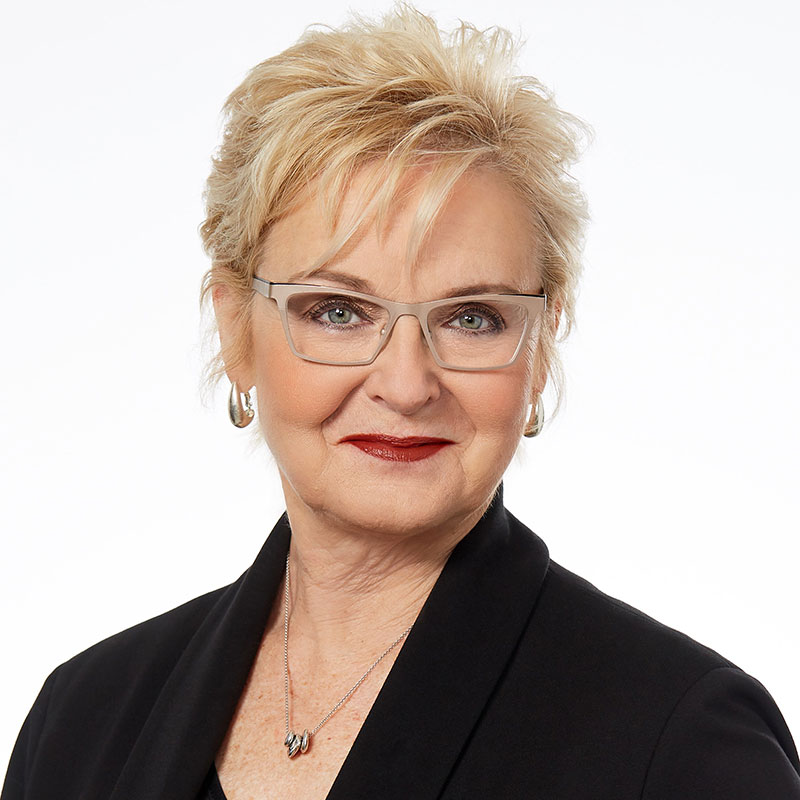Here’s a quick look

Broadway Journal
There are no easy answers to the challenges facing people who are hardest hit by first the pandemic and now inflation. Provincial governments are the least equipped to solve these global issues, but your Manitoba Government is trying to do what it can.
Reducing child poverty
During the initial phase of the pandemic in 2020, the Manitoba government worked with the federal government and community organizations to support vulnerable Manitobans experiencing difficulties caused by COVID-19 lockdowns.
According to Statistics Canada’s low-income data for 2020 that response was successful in helping Manitobans in need. The child poverty rate in Manitoba declined from 19.3 per cent in 2015 to just six per cent in 2020. This represents a 69 per cent improvement. In real terms, there were 35,000 fewer Manitoban children living in poverty in 2020 than in 2015. Now the Manitoba government is focused on the goal of reducing child poverty by 25 per cent by 2025, relative to the 2015 baseline.
Reducing taxes and fees
To improve life for all Manitobans since first being elected in 2016, the Manitoba government has provided $886 million in tax savings, including $607 million to families and individuals and $279 million to businesses. This includes reducing the sales tax to seven per cent, phasing out education property taxes, and passing on savings of $90 million through the elimination of sales tax on residential and non-residential property, insurance premiums, the preparation of wills, the preparation of personal income tax returns and on personal services. Relief has also come in the form of fee reductions such as probate fees. Non-commercial vehicle registration fees were reduced by 20 per cent with additional reductions in the 2022 budget
Feeding kids and kudos
to food banks
“It takes a village to raise a child,” they say. This means a combination of government and community initiatives.
The Manitoba government is boosting funding to the Child Nutrition Council by $200,000 to fund school nourishment programs in more schools throughout the province. This new funding is in addition to the $976,000 that Manitoba provides annually. It will help address the increased demand for healthy food programs in schools.
In addition to government programs, there are food banks throughout the province that provide food to Manitobans in need. In 1985 when it started, Winnipeg Harvest collected and shared food inside the city limits. Over time they grew, and in their 35th year, Harvest officially amalgamated the Manitoba Association of Food Banks into the Harvest family. They joined forces and resources to become the 4th largest food distributor of its kind in Canada – and the best and only provincial food network Manitoba has ever had. Their new name, Harvest Manitoba, better reflects who they serve.
Thanks to amazing community spirit and generous hearts, Harvest Manitoba collects and shares 11 million pounds of healthy and nutritious food to hungry Manitobans every year. With this food, they prepare Harvest Hampers in the Winnipeg Warehouse, which are then distributed to feed more than 83,000 Manitobans – hungry children, hardworking families and struggling adults – every month. Volunteers donate almost 200,000 hours of hands-on service annually to make this happen.
A sincere thank you to everyone involved in making life more affordable for all Manitobans.
Hon. Myrna Driedger is MLA for Roblin and Speaker of the Legislative Assembly.
